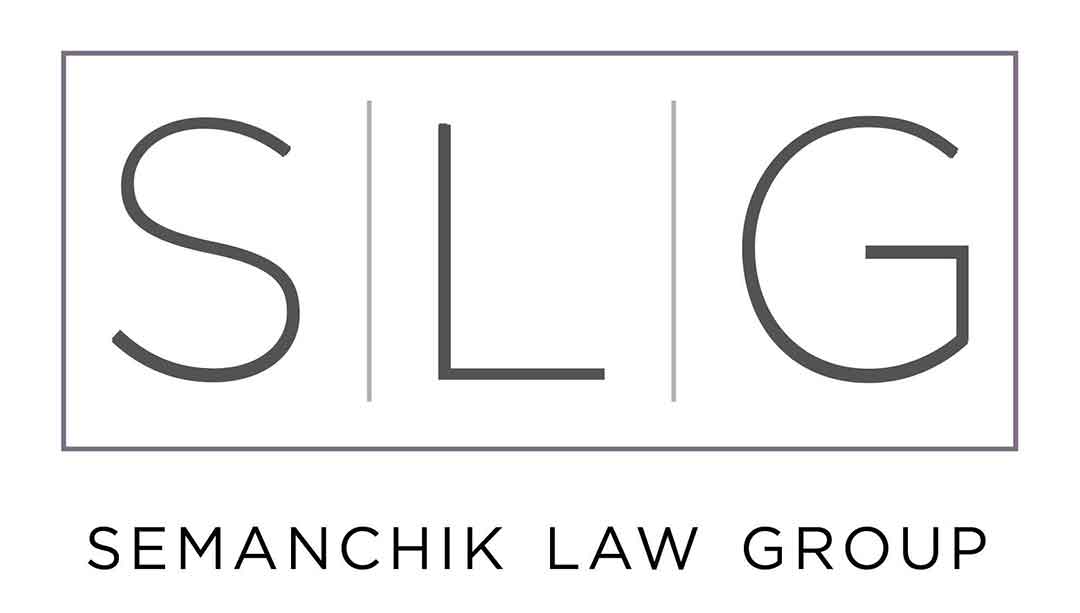What Are Private Foundations?
 Private Foundations are another type of nonprofit organization. When someone is thinking about forming a nonprofit and trying to decide if they should choose either a public charity or private foundation, they should look at where the source of funding for the nonprofit will be coming from.
Private Foundations are another type of nonprofit organization. When someone is thinking about forming a nonprofit and trying to decide if they should choose either a public charity or private foundation, they should look at where the source of funding for the nonprofit will be coming from.
Consider Where the Funding Will Come From
Typically, the funding from Private Foundations come from one source. This could be a family, individual or corporation. While public charities are required to meet the public support test, private foundations are able to receive funding from one source without having to meet the public support test.
Both private foundations and public charities are able to seek tax exemption under Section 501(c)(3) of the Internal Revenue Code. In fact, the IRS’s default categorization of an organization applying for tax exempt status through the 1023 application is as a private foundation. To be classified as a public charity, an organization will need to show that it will be supported by the general public and that it will operate charitable programs.
Operation of Charitable Programs
Many private foundations do not operate charitable programs and instead make grants to other nonprofit organizations or causes. This differs from a public charity which is typically primarily responsible for performing charitable activities. For example, a public charity may offer animal rescue services and a private foundation may donate to other organizations that offer animal rescue organizations. Another consideration when deciding if you want to form a Private Foundation or Public Charity is whether or not you plan to conduct charitable activities or perform charitable services or whether you want to instead fund other organizations that provide these services. Certain private foundations may also be classified as private operating foundations and will be required to show that they will operate charitable programs in addition to making grants and donations.
Tax Deduction for Donors
Donations made to Private Foundations are tax deductible for the donor. Lifetime gifts of property other than cash and qualified appreciated stock, are deductible only the extent of the lesser of the donor’s tax basis or fair market value. The amount of deduction that a donor can receive in a year is limited to 30% of the donor’s adjusted gross income. For gifts of appreciated property, the deduction is limited to 20% of the donor’s adjusted gross income.
Additional Legal Considerations for Private Foundations
Minimum Distributions (IRC Section 4942)
Private Foundations are required to make a minimum annual distribution of at least 5% of its investment assets. This includes grants and charitable distributions as well as reasonable and necessary business expenses.
Excise Tax on Net Investment Income (IRC Section 4940)
Private Foundations are subject to an annual excise tax of 1-2% on net investment income. Net Investment Income is gross investment income (dividends, interest, royalties, rents, capital gains) minus ordinary and necessary expenses for the collection and management of the foundation’s investment assets. If the Private foundations meets certain distribution requirements it may be subject to a reduced excise tax rate of 1%.
Self-Dealing (IRC Section 4941)
Private Foundations are prohibited from acts of self-dealing with its insiders. This includes most financial transactions between the private foundation and its officers and directors. Under Section 4941 of the Internal Revenue Code, the IRS prohibits “disqualified persons”, which includes substantial contributors, managers and any related parties, from entering into transactions such as loans, leases, or sales with the private foundation unless the disqualified person is offering services free of charge. The penalties for self-dealing are quite severe and include an excise tax on the private foundation manager (directors) and the disqualified person and a requirement to correct the self-dealing.
Excess Business Holding (IRC 4943)
This provision limits a private foundation and its insiders from holding more than 20% of a business enterprise.
Jeopardizing Investments (IRC Section 4944)
Section 4944 of the Internal Revenue Code prohibits private Foundations from making investments that jeopardize its ability to carry out its exempt charitable purpose. There are some exceptions to this including program-related investments and investments transferred as gifts.
Taxable Expenditures (IRC Section 4945)
Private Foundations have additional limitations on the types of direct activities and grants that it can make. Private Foundations are prohibited from engaging in or funding legislative lobbying. If a Private Foundation makes a grant to an entity that is a not a U.S. public charity, the Private Foundation must show that it exercises control and inquiry responsibility. Additionally, grants to individuals in the form of scholarships, awards and prizes, requires that the private foundation obtain advance approval from the IRS though Schedule H to the 1023 application.
